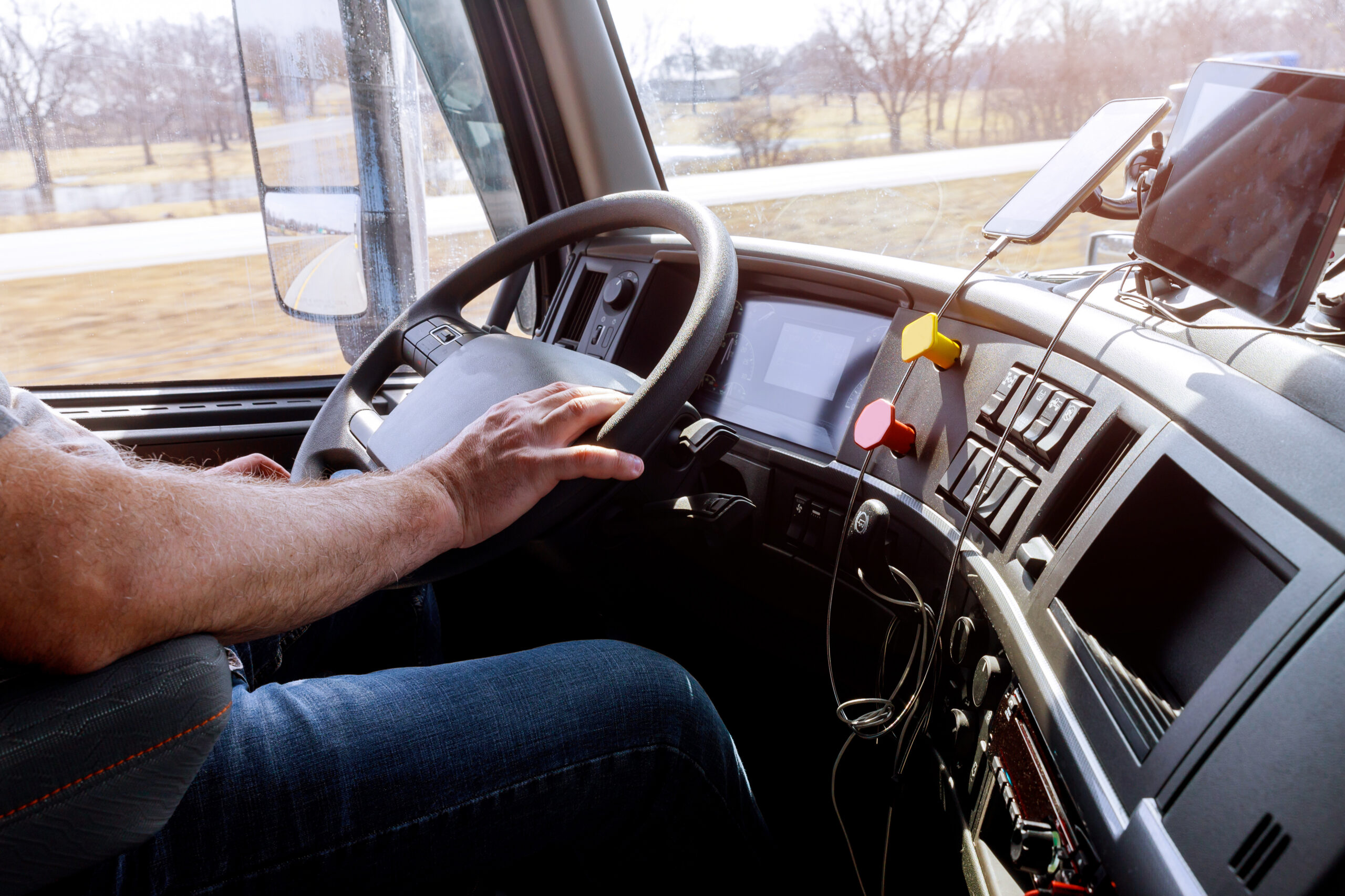Save Money And Energy In Your Household
Energy Efficiency Day is celebrated on October 6th, and the average American family spends more than $1,386 per year on home utility bills, with a large portion of that energy being wasted, according to the US Department of Energy. Not to worry: INSURICA is here to help you with a few things you can do each month to conserve energy and save money.
Conduct a Home Energy Audit
An energy audit will reveal which areas of your home consume the most energy. This can be done by yourself, by contacting your local utility, or by contacting an independent energy auditor. A thorough evaluation should include the following components:
- Checking insulation levels
- Looking for open fireplace dampers
- Searching for holes or cracks around doors, light and plumbing fixtures, and other places where air may leak out.
- Ensuring appliances and heating and cooling systems are properly maintained.
Temperature Tips
- Weatherize your home – caulk and weather-strip any doors and windows that leak air.
- Install a programmable thermostat that will reduce heating (or turn air conditioning up) at night and when you are not home.
- Consider replacing single-pane windows with double-pane; they have coatings that reduce heat loss or gain, depending on the season.
- Keep your thermostat under 70 degrees in the winter and a few degrees cooler than the outside temperature in the summer.
Water Use
- Repair leaky faucets immediately.
- Use low-flow showerheads.
- Insulate your hot-water storage tank and pipes.
- Drain a quart of water from your tank every three months to remove sediment (which impedes heat transfer and lowers efficiency).
- Lower the hot water heater to 120 degrees.
- Take short showers instead of baths.
- Wash only full loads of dishes and/or laundry.
- Air-dry dishes and line-dry clothes if possible.
Renewable Energy
There are more opportunities than ever before to use renewable energy. When designing a new home, consider orienting it to avoid overhead summer sun and to take advantage of winter sun in cooler climates. Consider installing a solar pool heating system to reduce the cost of heating swimming pools or hot tubs. Installing solar cells may be appropriate in certain circumstances.
Vehicle Use
Improve gas mileage by:
- Avoiding aggressive driving.
- Observing the speed limit.
- Removing roof racks or carriers if not used often.
- Keeping up with maintenance – clean air filters can improve gas mileage by as much as 10 percent.
- Ensuring tires are properly inflated and aligned.
- Using the correct grade of oil.\
Energy Star® Products
When purchasing new equipment or appliances, look for the Energy Star logo. These products adhere to the strict energy efficiency guidelines established by the EPA and the US Department of Energy. Visit http://www.energystar.gov/ for more information.
This article is for informational purposes only and is not intended as medical advice. For further information, please consult a medical professional. © 2007-2009. 2012, 2014, 2017-2018 Zywave, Inc. All rights reserved.
About the Author
Share This Story
Related Blogs
Insurers Turn to Telematics to Address Rising Commercial Auto Losses
Amid a steep rise in accident severity and litigation costs, commercial auto insurers are turning to telematics technology to improve risk assessment and help stabilize a market under financial strain.
Marketplace Coverage and Employer Plans: What Employers Need to Know
As Marketplace health plan premiums rise and subsidies shift, employers are seeing more requests from employees (and their spouses) to drop Marketplace coverage and enroll in an employer-sponsored health plan mid-year. While this may feel straightforward, Marketplace rules and employer plan rules do not always work the same way.
AI Powered Benefits Solutions: Navigating Rising Costs in 2026
Health benefit costs are projected to rise nearly 9% in 2026, putting significant pressure on employers to balance affordability with employee satisfaction. Against this backdrop, artificial intelligence (AI) is emerging as a transformative tool in the benefits space.








